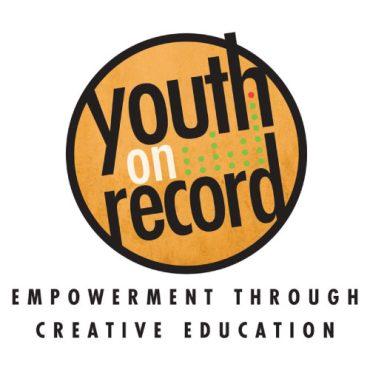
Prominent indigenous leader and well-known to KGNU listeners of La Lucha Sigue and The Early Morning News Berta Cáceres was assassinated late last night. She had been a defender of human, land and environmental rights especially of the natural resources in Rio Blanco where she in recent weeks led an escalating peaceful campaign to protect the Gualcarque River from exploitation by DESA, a company that is receiving international finance to build a hydroelectric dam. Local indigenous communities that have ancestral rights to the land say the dam would flood their communities and will displace them. KGNU reported from on location in 2013 where communities constructed a makeshift blockade (photo above left) to prevent the DESA construction trucks from using their road to later destroy their community. During a 2013 election observer delegation, international solidarity organizations, Alliance for Global Justice and the Honduras Solidarity Network visited Rio Blanco to take testimony from community members about regular attacks they face from the Honduras police and the military, that often back up the the company’s armed guards. Earlier that same year another leader of indigenous rights, Tomas Garcia was assassinated and his child was wounded by the Honduran military who operate with impunity in the area according to testimonies of community members.

Just last year KGNU’s station manager Tim Russo accompanied indigenous leaders from Rio Blanco when a heavily armed group attempted to kidnap Cáceres from the bus that they had boarded but failed when Cáceres had made a decision to avoid the bus trip after numerous death threats that came to her phone. Bus passengers including journalists and international human rights observers had just come from meeting with the Rio Blanco community who had been organizing for over a year to oppose the dam.
The assassination follows years of threats and attempts against her life leading the InterAmerican Commission for Human Rights to earlier grant her precautionary measures. Still over 100 environmental defenders have been assassinated since 2010 catapulting Honduras into the leading country in the world for assassinations of environmentalists.
Cáceres was a co-founder of COPINH a group that formed in 1993 to protect indigenous human rights but also the land rights that are often associated with the the documented oppression of the group and repression against the activity associated with protecting those rights. She comes from a family of human rights defenders including a brother who also worked with COPINH and a mother who was formerly a two-time mayor of their community and delivered the babies of locals who experienced discrimination in local hospitals because of their indigenous ancestry. Her mother also sheltered refugees from neighboring El Salvador during the war of the 1980’s which Cáceres said became the foundation of her work defending human rights.
Cáceres was a 2015 recipient of the Goldman Environmental Prize, an award that recognizes environmentalists and their work. The award committee said she was honored because “In a country with growing socioeconomic inequality and human rights violations, Berta Cáceres rallied the indigenous Lenca people of Honduras and waged a grassroots campaign that successfully pressured the world’s largest dam builder to pull out of the Agua Zarca Dam.”
The indigenous Lenca community attempted on many occasions to raise the profile of the repression that they faced by making several community appearances including in the annual march that is organized to raise awareness of the 2009 military coup that was the milestone event that led the escalation of human rights violations in the country.

On February 25, 2016, another Lenca community supported by COPINH in Guise, Intibuca was violently evicted by armed officers and demolished by bulldozers. The Guise community members were left with no resources or alternatives for housing in the immediate future.
US organizations that work in solidarity with the people of Honduras are now organizing for congressional support to condemn the assassination.
A statement released this morning to President Obama by Senator Patrick Leahy concluded, ” What steps will the government take to protect the many others, including members of COPINH, who are in need of protection, and to stand up for the rights of people like Berta who risk their lives peacefully defending the environment and their livelihoods. The answers to those questions will weigh heavily on the Congress’ support for future assistance for that government.”
Jesse Freeston, journalist and filmmaker who appeared in Boulder in October to screen his film Resistencia: The fight for the Aguan Valley at the KGNU studios penned the following poem in honor of Cáceres.
Berta.
They take away life and they leave us fear.
Terror.
Horror.
And it hurts, knowing for certain that we will never know who sent them, nor who pulled the trigger
(even though we know)
Those who steal hope with lead,
who don’t tolerate love.
Today, your blood became the water of the Gualcarque River, it became mountain and wind,
land and ancestral trees,
as old as the suffering of a people on its long march.
Assertion of a life born of the land, the water and the corn.
Life should be at least half as dignified, brave, combative and true as your life was, our beloved and unmissable big sister.
Indigenous Lenca warrior,
beautiful and eternal.



















